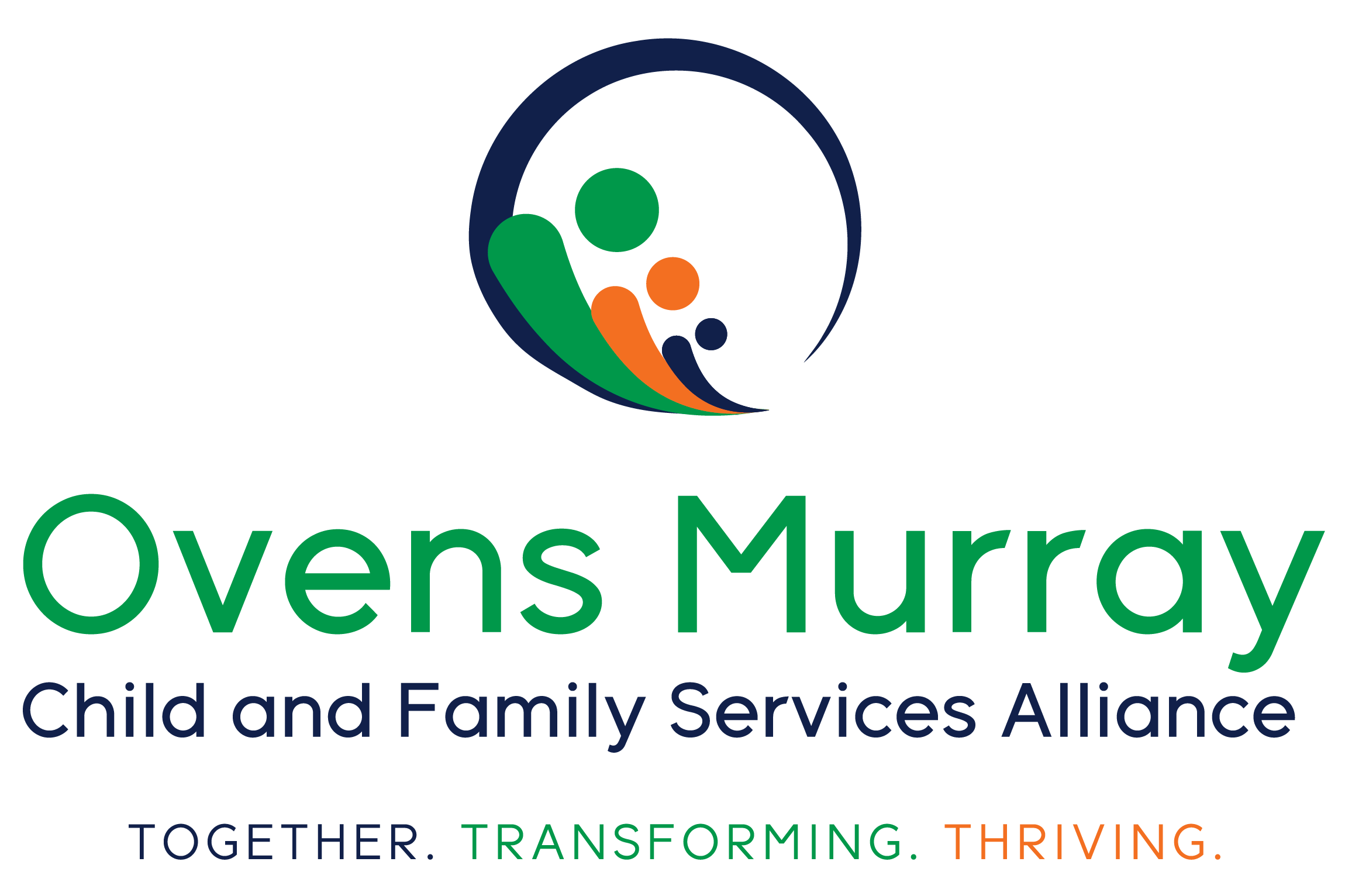The Five Essential Discussion Tools (FREE, 3 hour online training session delivered via Zoom)
The original ‘The Five Essential Discussion Tools’ training package has been revised and refreshed. Perfect for practitioners who are new to working with men using family violence or those who have not explored de-escalation techniques in their work, this training explores the Five Essential Discussion Tools whilst applying an intersectional lens. It identifies how practitioners […]
